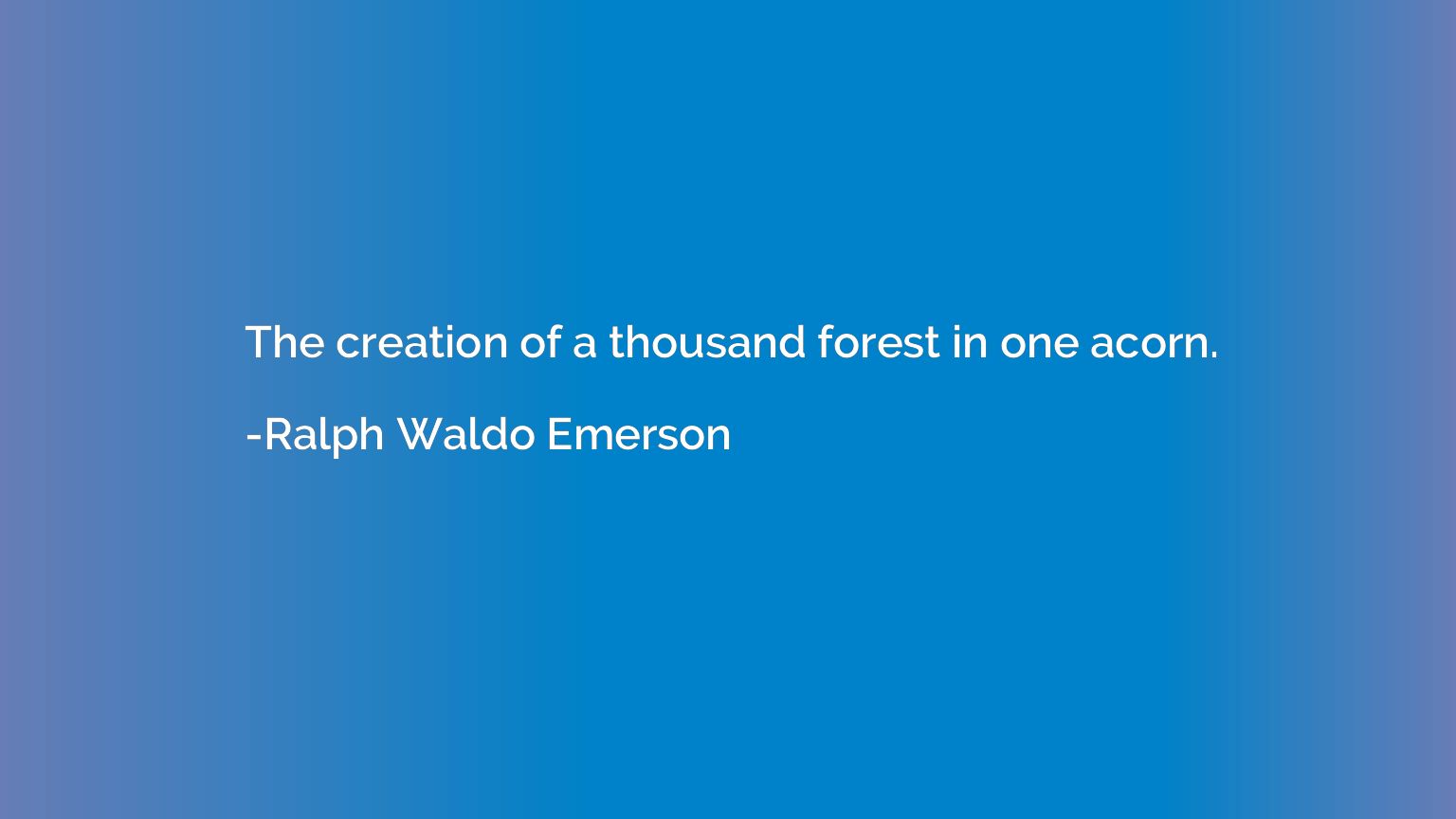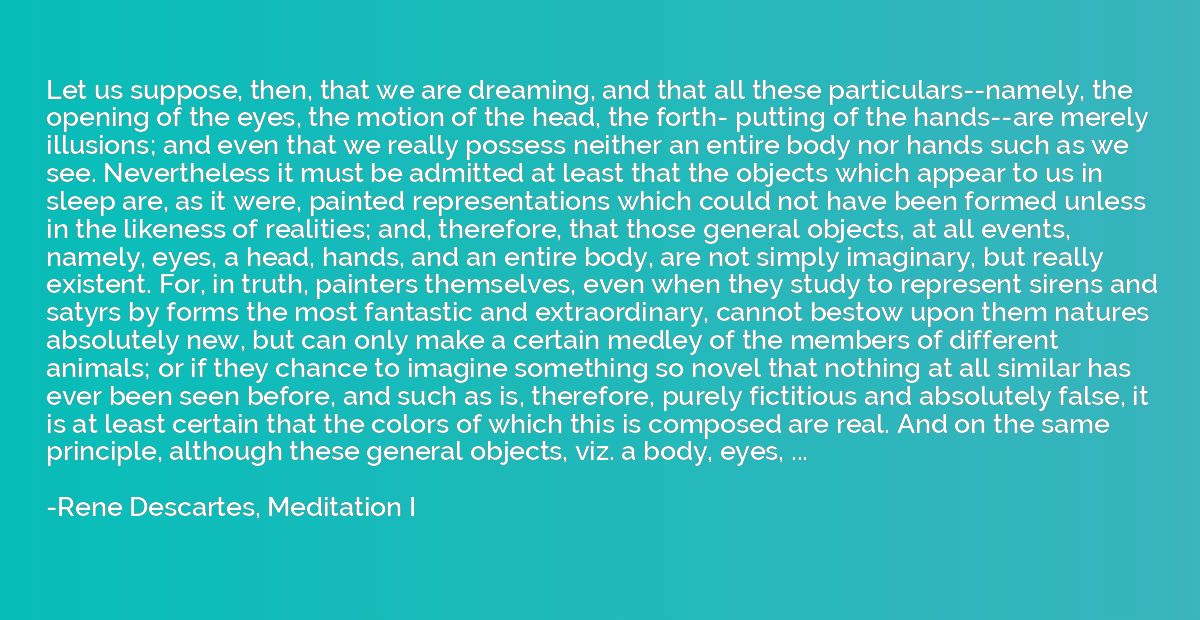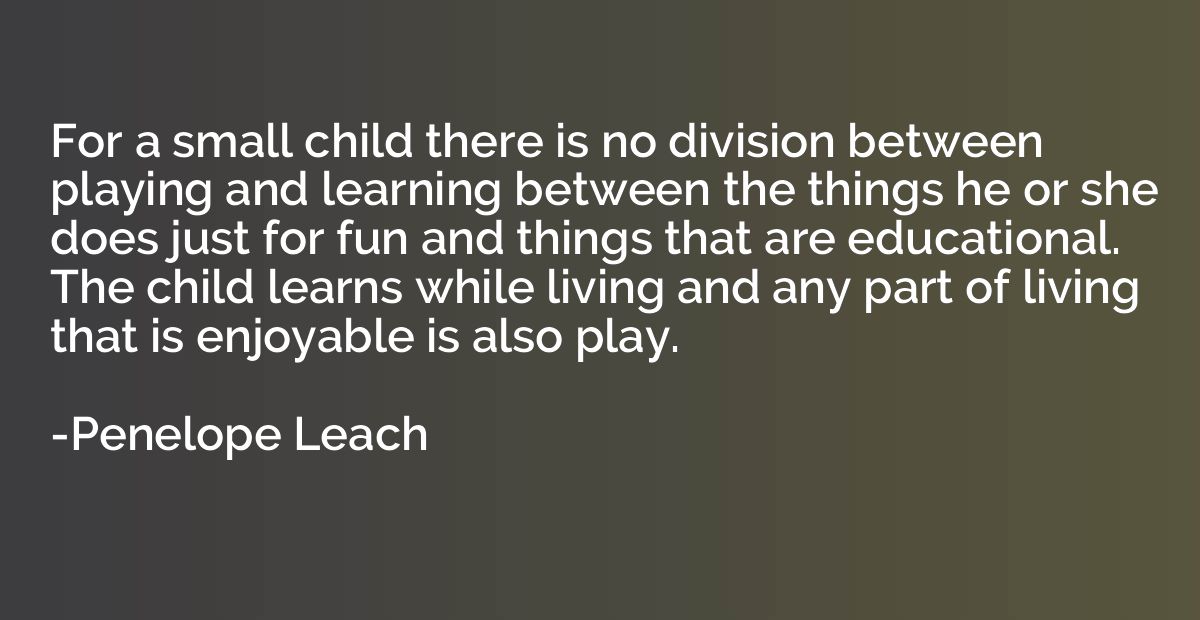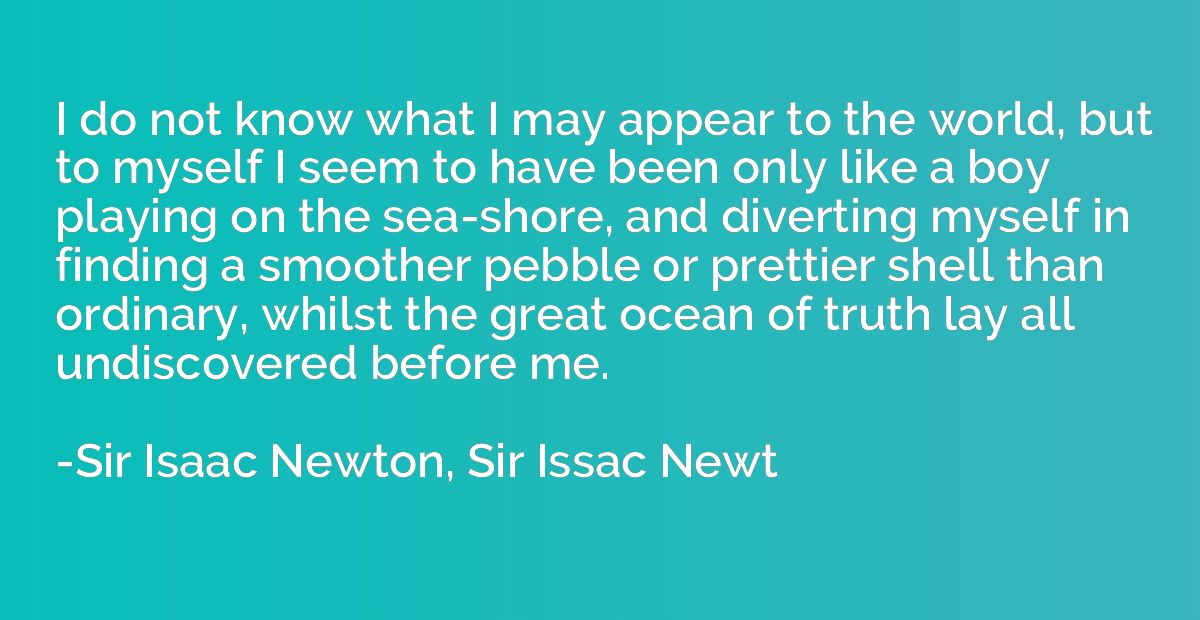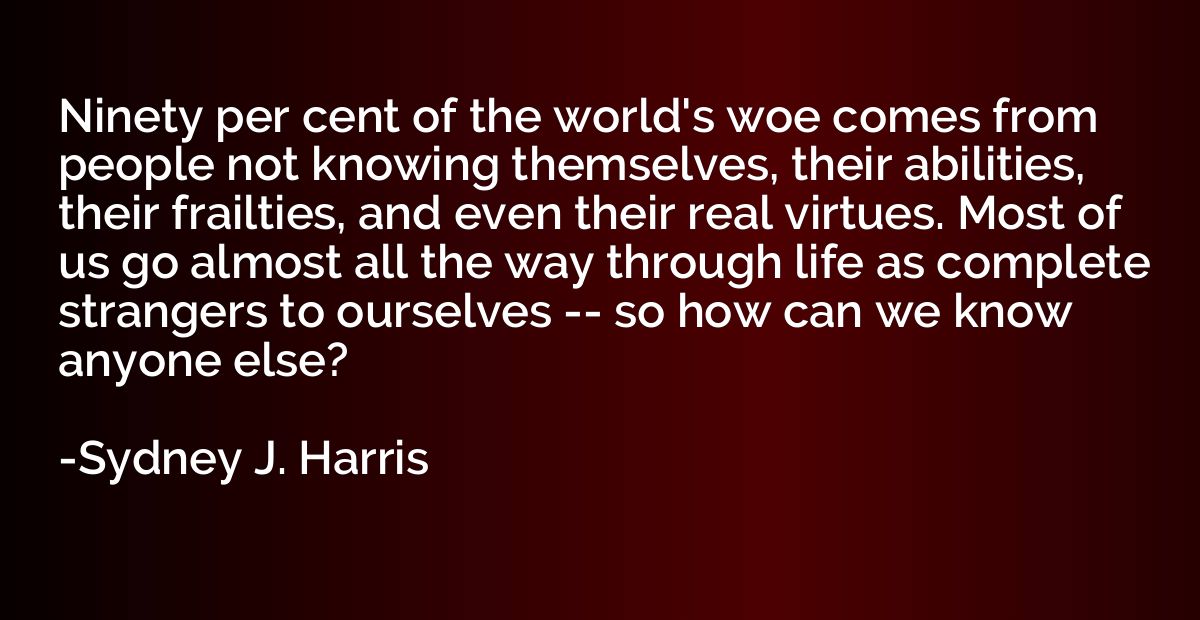Summary
This quote, often attributed to Ralph Waldo Emerson, suggests that within something seemingly small and ordinary lies the potential for greatness and abundance. Just as an entire forest can grow from a single acorn, it implies that every tiny beginning carries within it the possibility of vast growth and transformation. It serves as a reminder that even the smallest actions or ideas have the power to create remarkable outcomes, encouraging us to recognize and nurture the immense potential that resides within each and every one of us.
